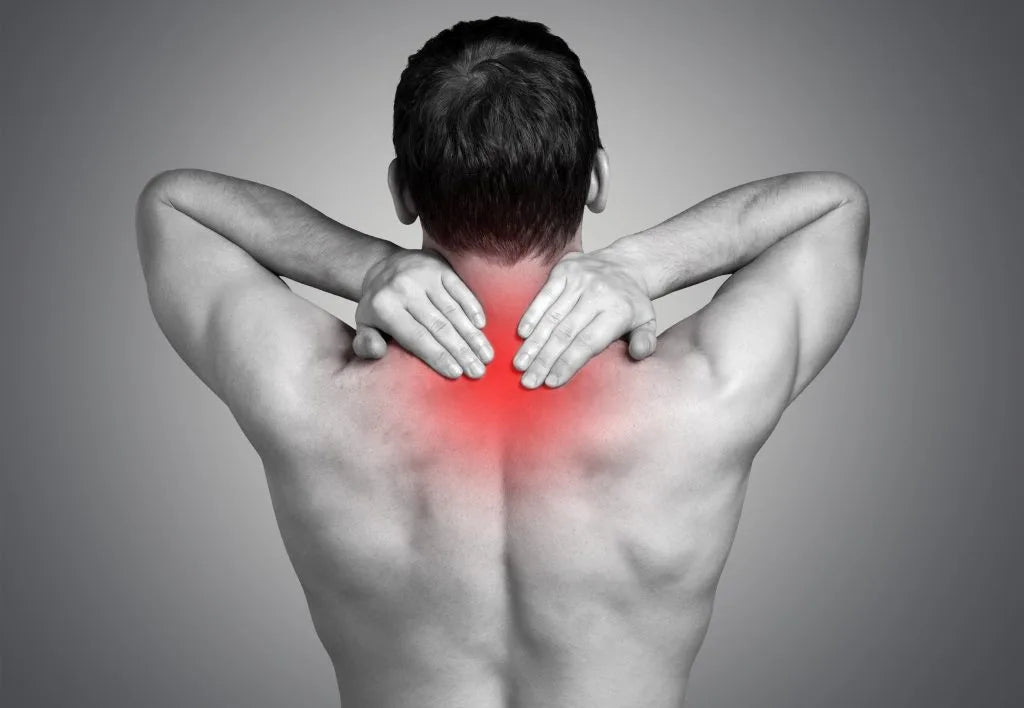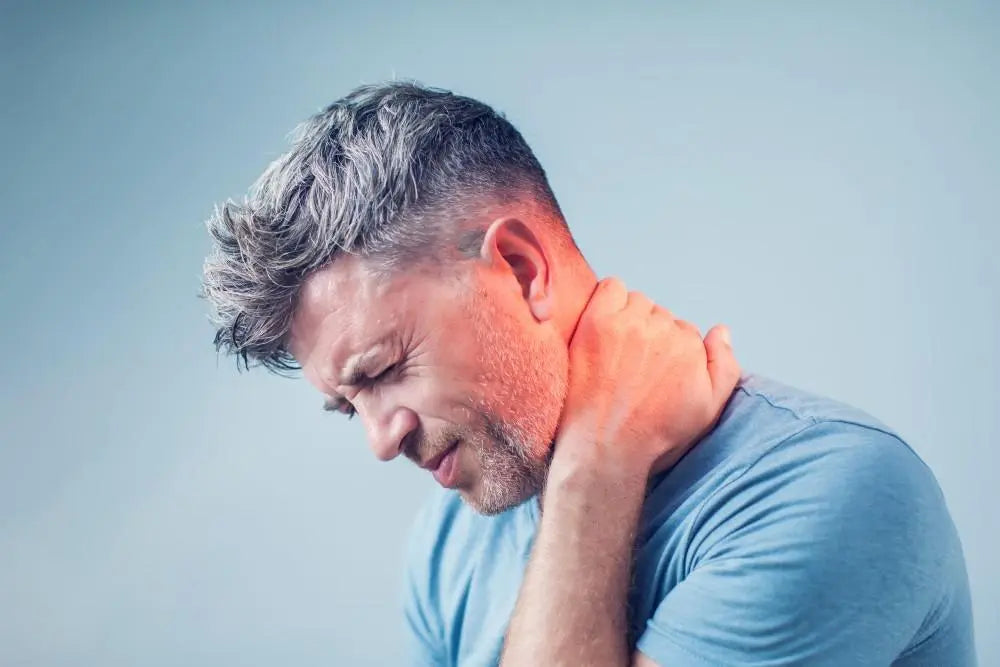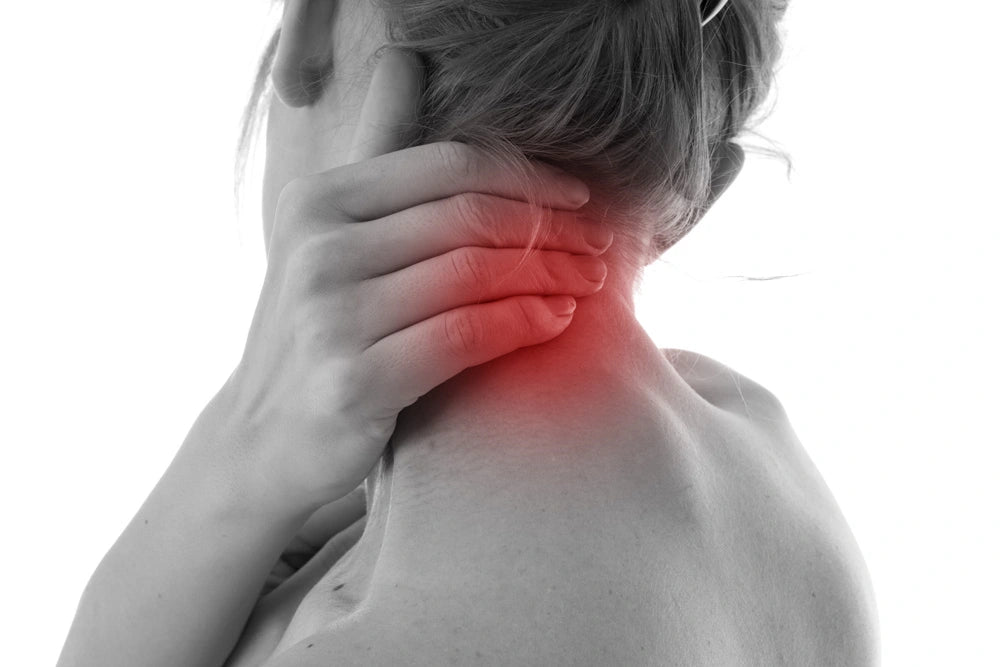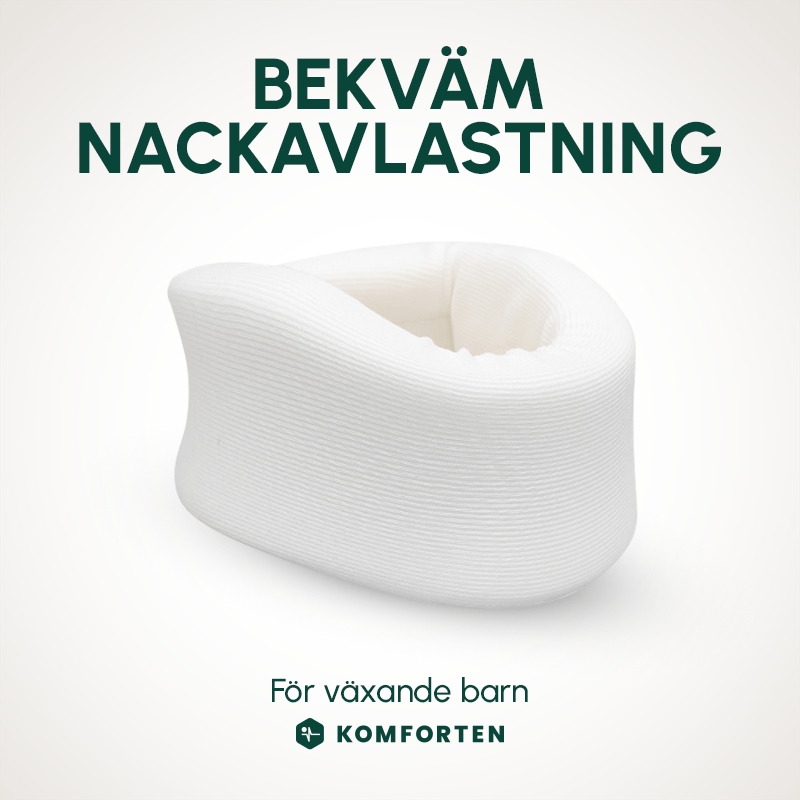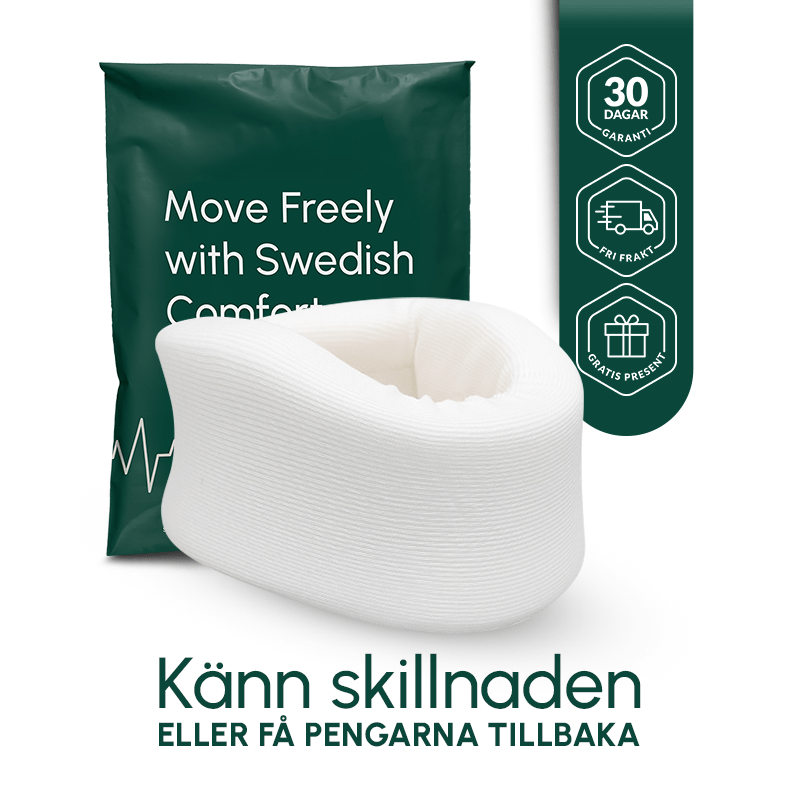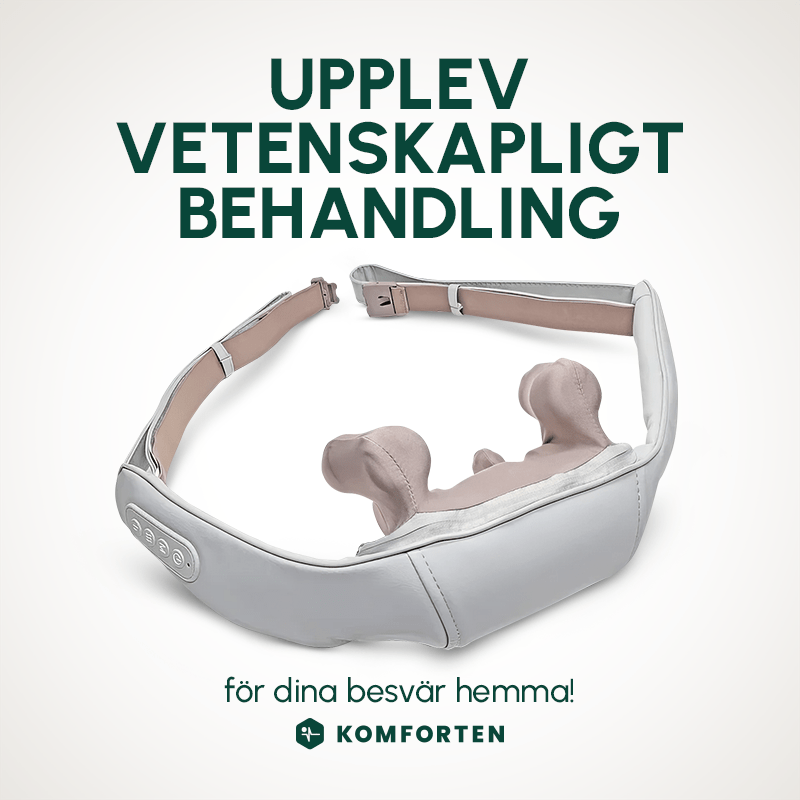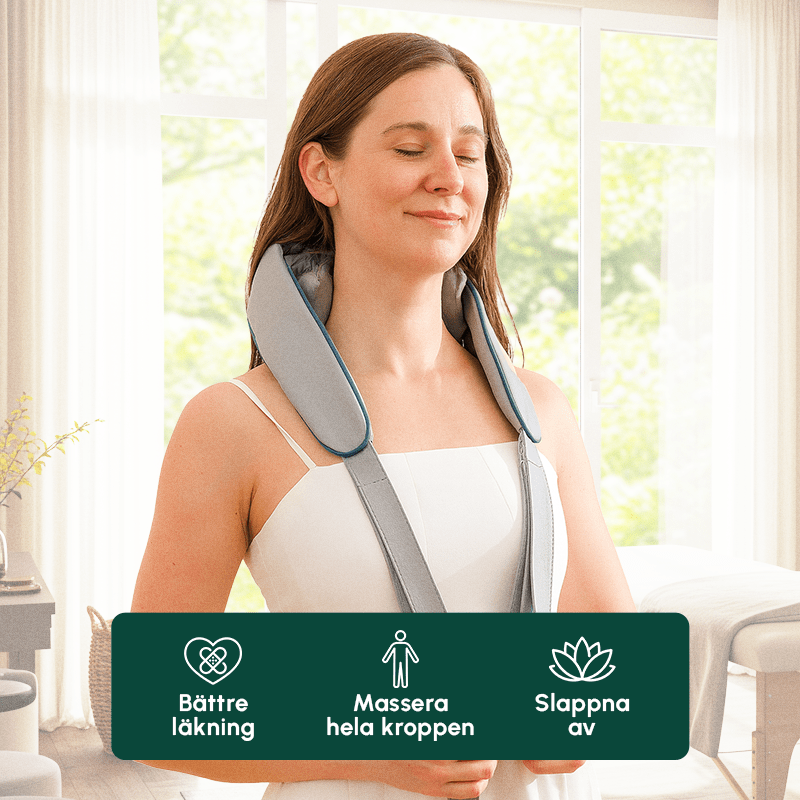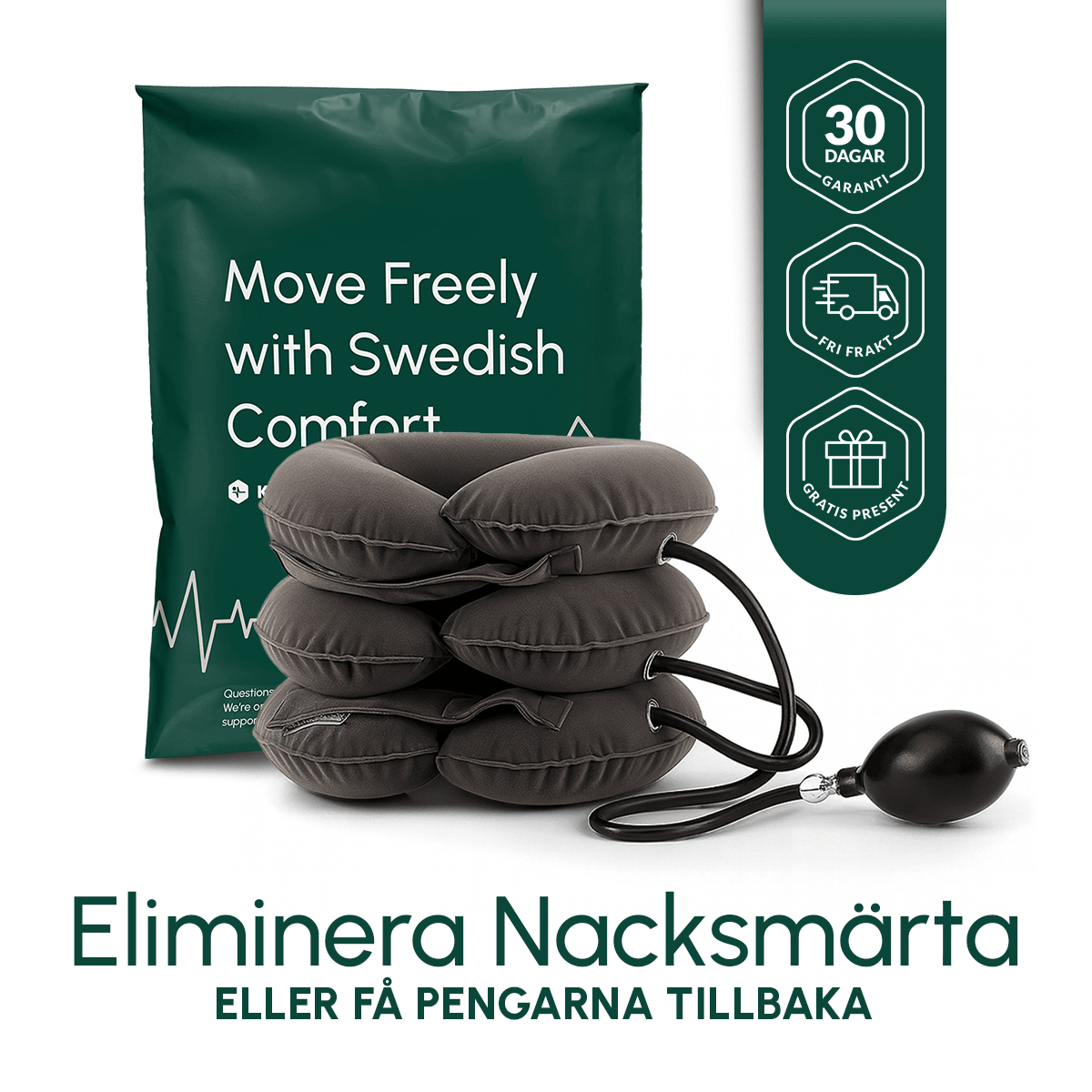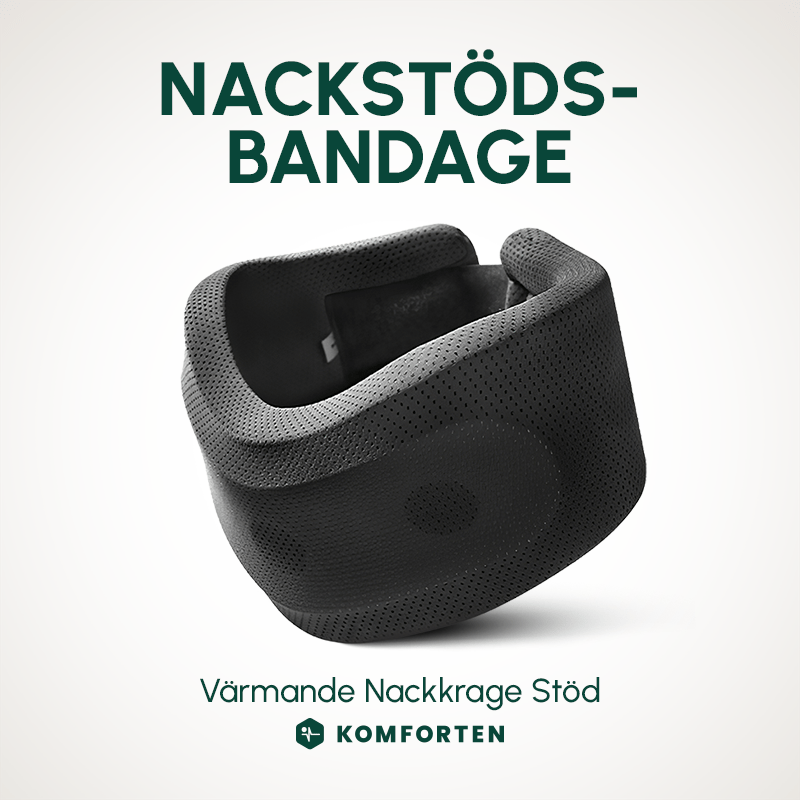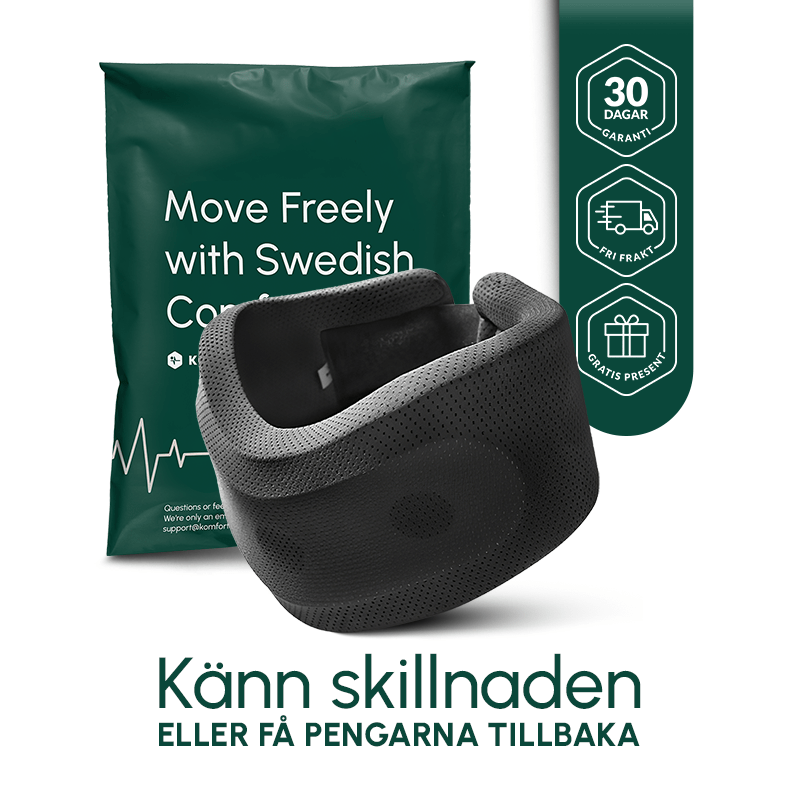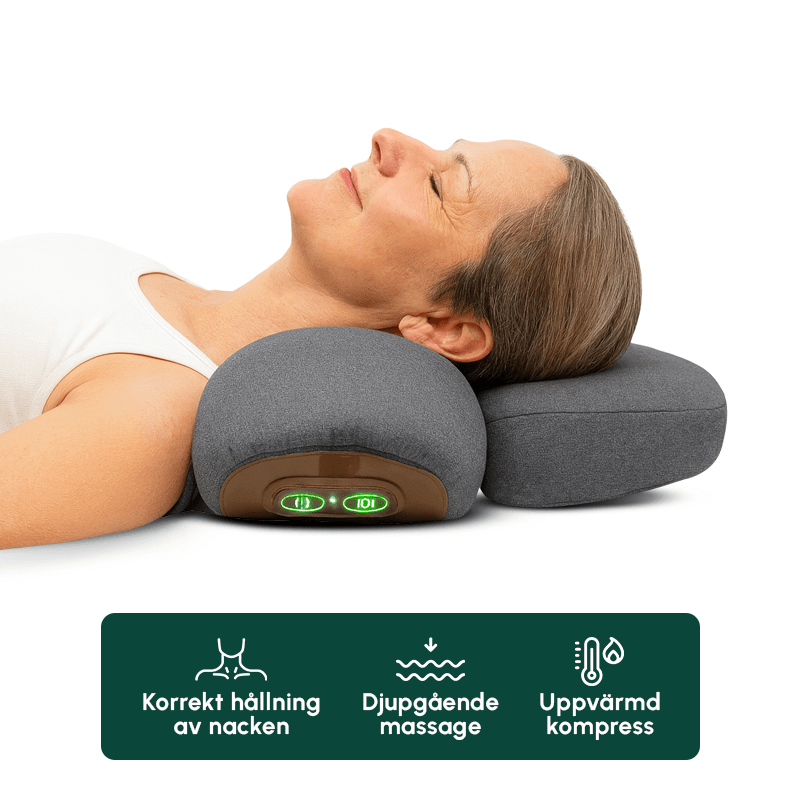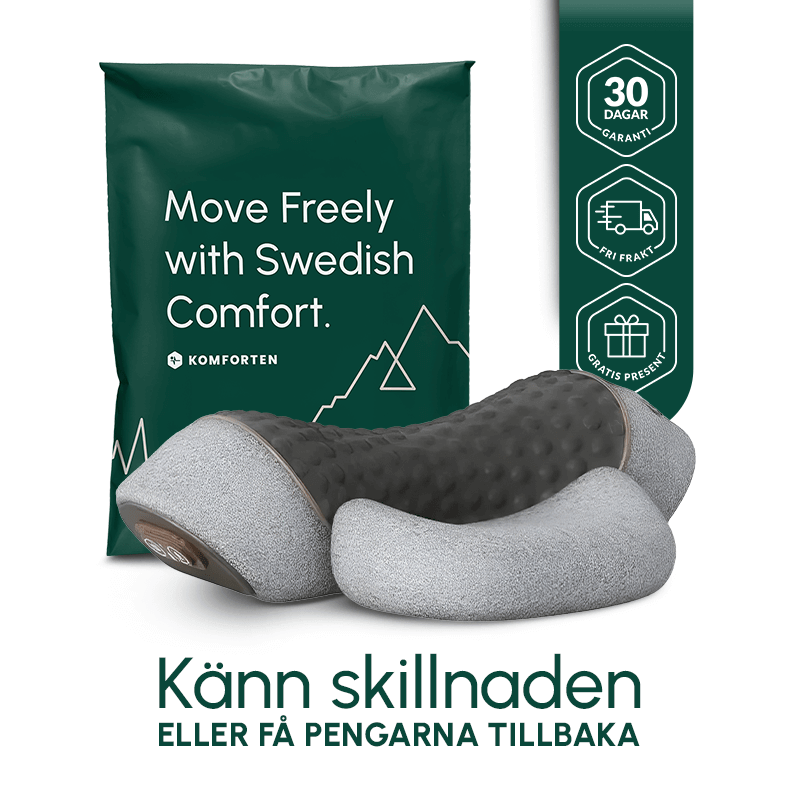Neck Pain: Causes, Symptoms, and Effective Treatments
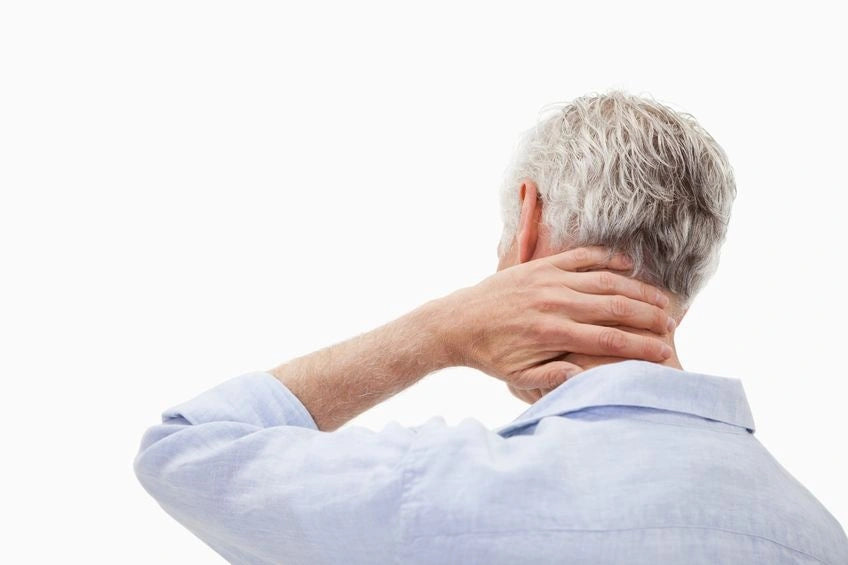
Neck pain is one of the most common health problems in today's society, and a particularly troublesome variant is cervicobrachial syndrome. This combination of neck pain and radiating pain down the arm can seriously affect your everyday life. In this guide, we will go over the causes, symptoms, and most effective treatment for cervicobrachial syndrome as well as other forms of neck pain.
What is neck pain?
Neck pain is a common condition that can affect people of all ages and affect their daily lives. It can range from a mild irritation to intense pain that limits mobility. The neck is made up of seven vertebrae, muscles, ligaments, and nerves that all work together to support the head and allow movement. When any part of this complex structure is affected, it can lead to neck pain. The pain can also radiate to the shoulders, arms, and head, further affecting quality of life.
Common symptoms of neck pain
Symptoms of neck pain can vary depending on the cause and severity. Here are some common symptoms to look out for:
- Neck stiffness : Difficulty moving the head.
- Radiating pain : Pain that spreads to the shoulders, arms, or head.
- Headache : Often called tension headache.
- Muscle weakness : Decreased strength in the arms or hands.
- Numbness or tingling : Feeling of numbness or tingling in the arms or hands.
- Dizziness : Feeling dizzy or having balance problems.
- Tenderness : Tenderness when touching the neck.
- Limited mobility : Difficulty turning or bending the neck.
Specific types of neck pain
Neck pain on one side
Neck pain on one side can be caused by several factors:
- Muscle tension from unilateral movements
- Nerve compression affecting one side
- Incorrect sleeping position
- Sudden movement or twisting
Pain in the back of the head and neck
Pain in the back of the head and neck often occurs from:
- Tension headache radiating from the neck
- Occipital neuralgia (nerve pain in the back of the head)
- Muscle tension in the upper neck
- Pain in the neck and back of the head can also be related to stress.
Cervicobrachial syndrome
Cervicobrachial syndrome involves pain in the arm and neck at the same time:
- Pain radiating from the neck down the arm
- Numbness and tingling in the arm and hand
- Muscle weakness in the arm and hand
- Often caused by nerve compression in the neck
Neck pain with other symptoms
Neck pain nausea:
- May indicate concussion after fall
- Migraine that starts in the neck
- High blood pressure causing neck pain
- Stress and tension affecting the stomach
Fever and neck pain:
- May be signs of meningitis (requires immediate care)
- Common infections that affect lymph nodes
- Flu that causes neck and shoulder pain
- Poor sleeping position: Neck pain after sleeping is common with the wrong pillow or sleeping position.
- Stress & tension: Stress often causes tension in the neck and shoulders, leading to stiffness and pain.
- Cervicobrachial syndrome: A nerve in the neck is pinched, causing pain that radiates down the arm.
- Herniated disc or pinched nerve: Can cause numbness, tingling, and weakness in the arms.
- Infections: Sinusitis or swollen lymph nodes can cause neck pain.
- Fall or injury: Neck pain after a fall may indicate a strain or more serious injury.
Preventing neck pain is important to avoid long-term discomfort. Here are some effective tactics:
- Maintain good posture : Sit and stand with a straight back and relaxed shoulders. Adjust your workstation so that your screen is at eye level.
- Take regular breaks : Take short breaks every hour to stretch and move your neck.
- Perform neck exercises : Do regular neck exercises like neck rolls and side bends to strengthen the muscles.
- Use the right pillow : Choose a pillow that supports your neck in a neutral position while sleeping.
- Stay active : Regular physical activity, such as walking or swimming, keeps your neck muscles strong and flexible.
- Avoid heavy lifting : Use proper technique when lifting heavy objects to avoid straining your neck.
Treatment for cervicobrachial syndrome aims to relieve pain, reduce inflammation, and restore normal function. Common methods include:
- Physiotherapy – strengthens neck and shoulder muscles and improves mobility
- Painkillers – such as ibuprofen or paracetamol to reduce pain and swelling
- Heat and cold therapy – heat for muscle relaxation, cold to reduce inflammation
- Massage – releases muscle tension and improves blood flow
- Acupuncture – can relieve nerve pain and muscle tension
- Surgery – only in severe cases when other treatments do not work
Comfort relief from neck pain
Komforten offers an effective solution for those who have neck pain. Our product NackKomforten™ is designed to quickly relieve pain and tension in the neck.
- Ergonomic design for best fit and comfort
- Soft and durable for long-term use
- Easy to take and use wherever you are
- Fast relief from stiffness and pain
Neck Comfort ™ supports the natural curve of the neck, reduces muscle tension and promotes better posture.
Below you will find our best products for those who have neck pain.
Frequently Asked Questions (FAQ)
What does neck pain feel like?
Neck pain can be felt in different ways depending on the cause and severity. Common symptoms include:
- Stiffness
- Pain
- Cutting pain
- Headache
- Muscle weakness
- Numbness or tingling
How can I relieve neck pain?
There are several ways to relieve neck pain. Here are some effective methods:
- Heat and cold therapy : Use a heating pad or warm towel to relax muscles. Apply a cold pack to reduce swelling and inflammation.
- Neck exercises : Perform regular stretching and mobility exercises such as neck rolls and side bends.
- Good posture : Sit and stand with a straight back and relaxed shoulders. Adjust your workstation so that your screen is at eye level.
- Painkillers : Use over-the-counter painkillers such as ibuprofen or acetaminophen as needed.
- Relaxation techniques : Practice deep breathing, meditation, or yoga to reduce stress and muscle tension.
Can I exercise with neck pain?
Yes, but be careful and choose the right type of exercise. Here are some tips:
- Avoid heavy lifting and exercises that put strain on the neck.
- Focus on low-intensity exercise such as walking, swimming, or cycling.
- Perform specific neck exercises such as neck rolls and side bends.
- Listen to your body and stop immediately if you feel any pain or discomfort. Consult a doctor or physiotherapist if necessary.


